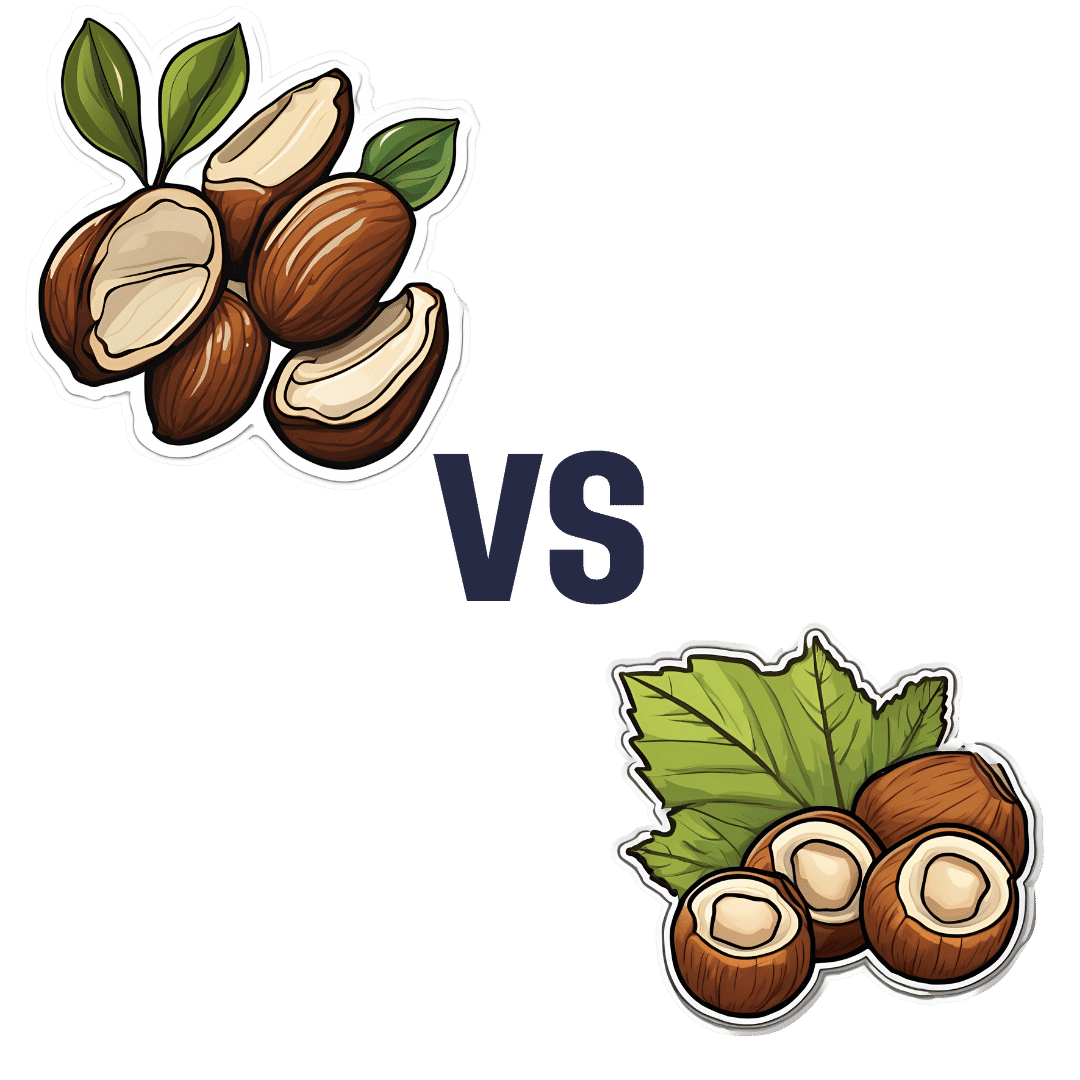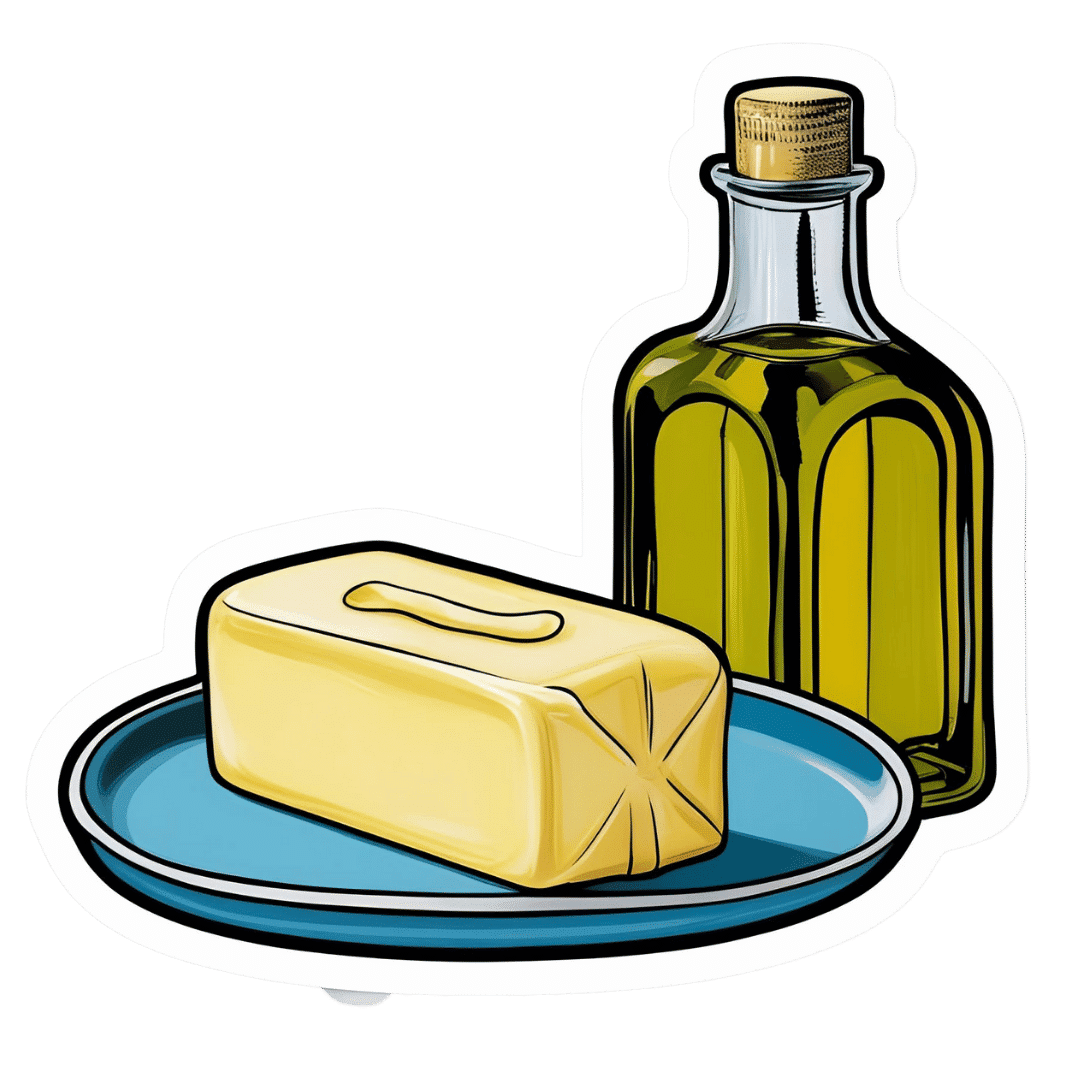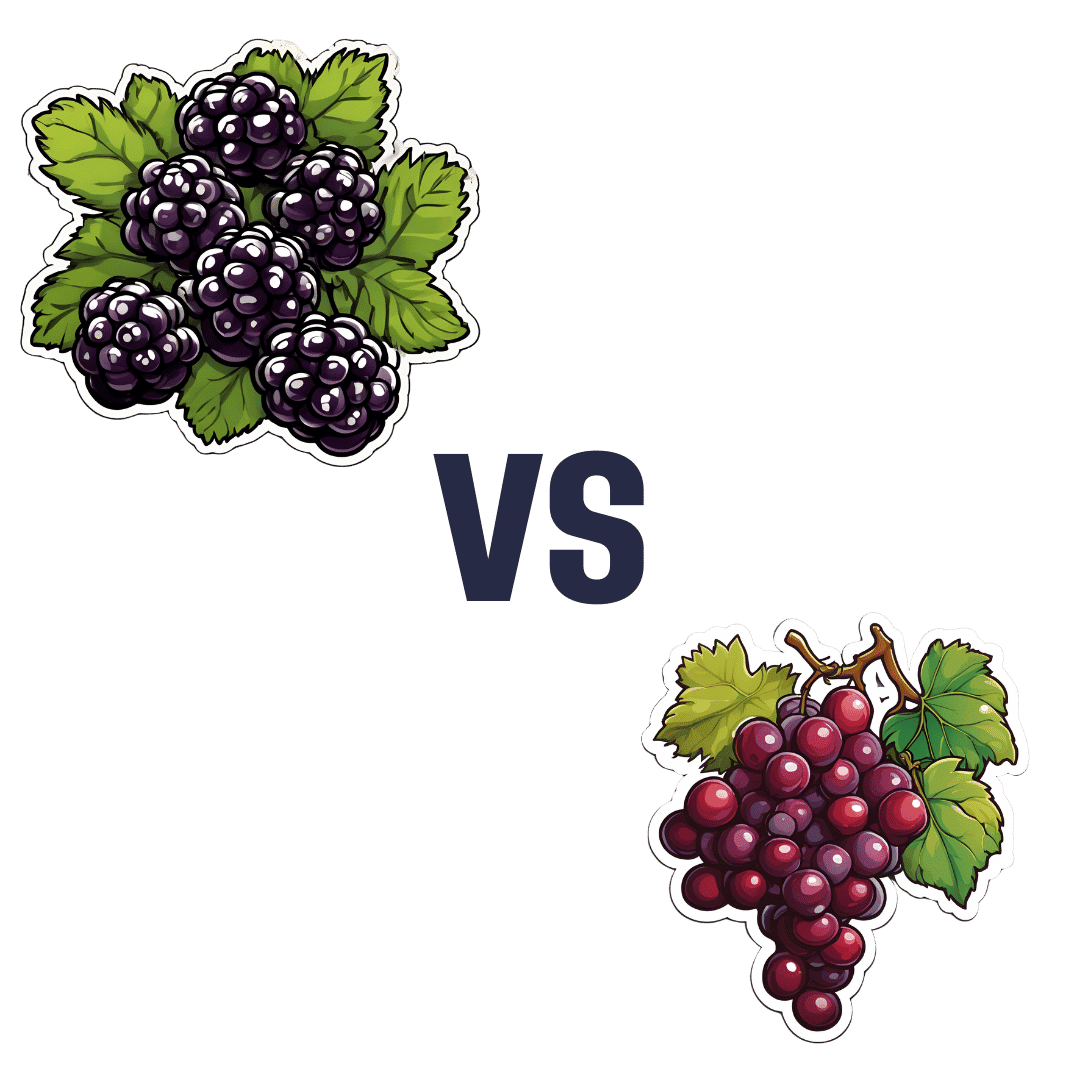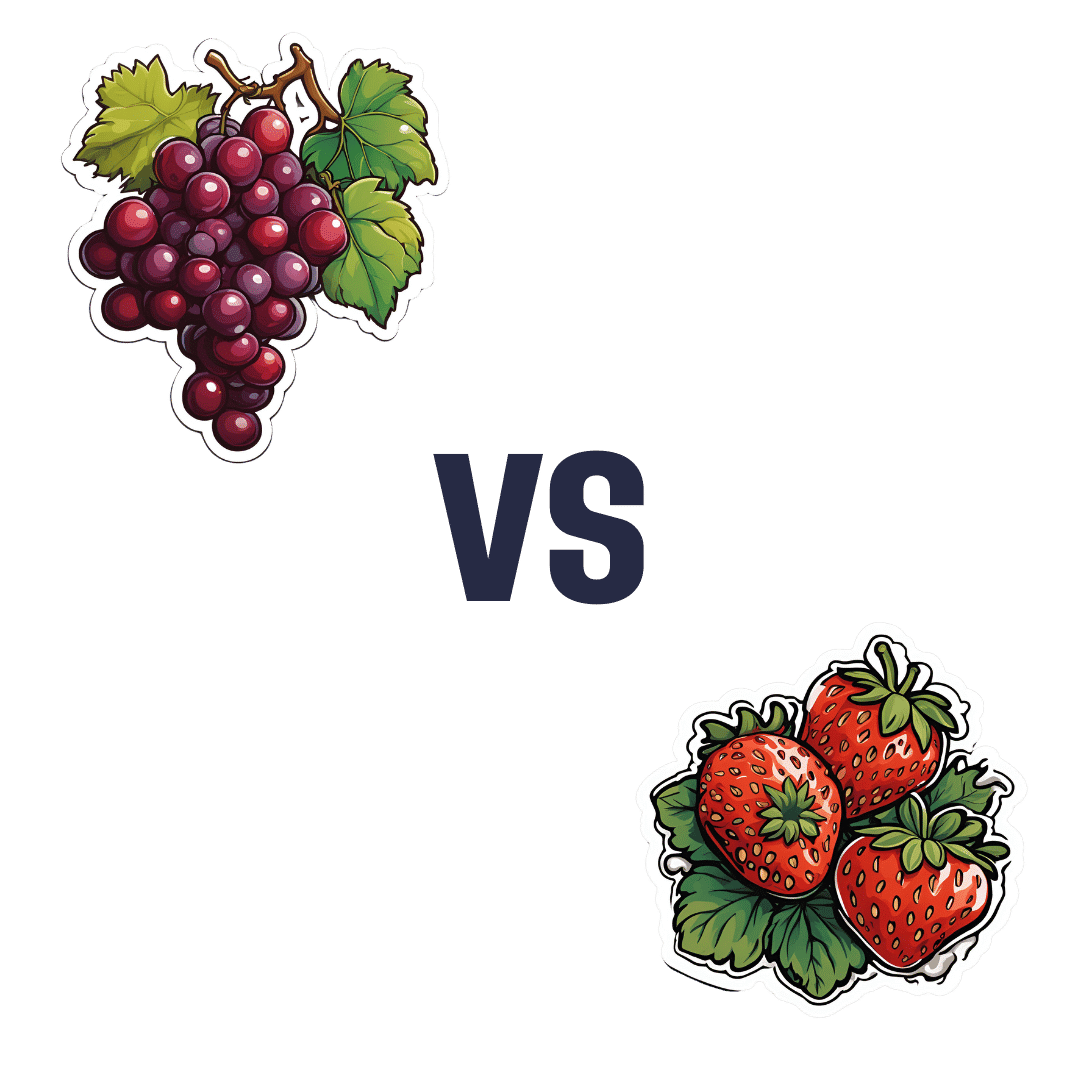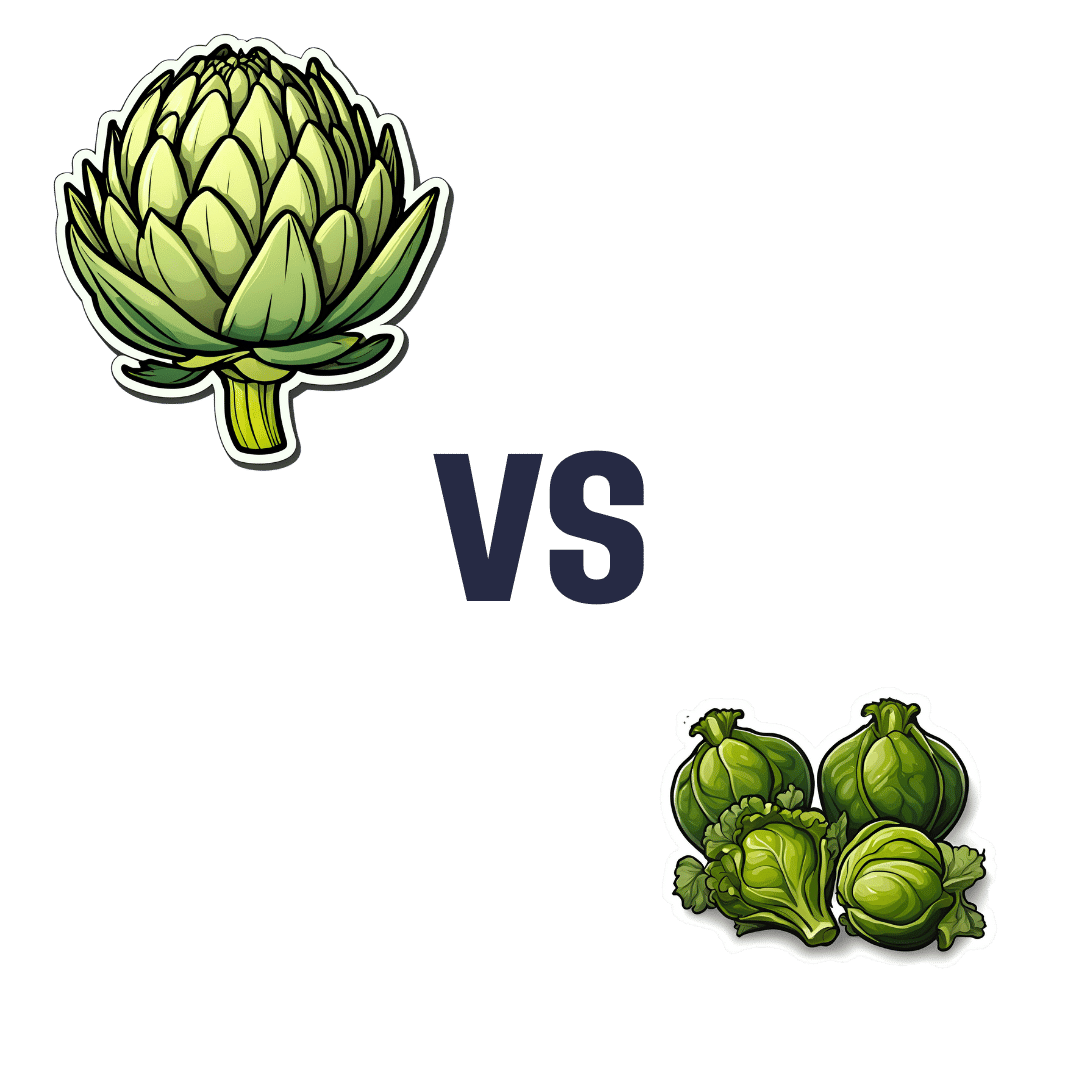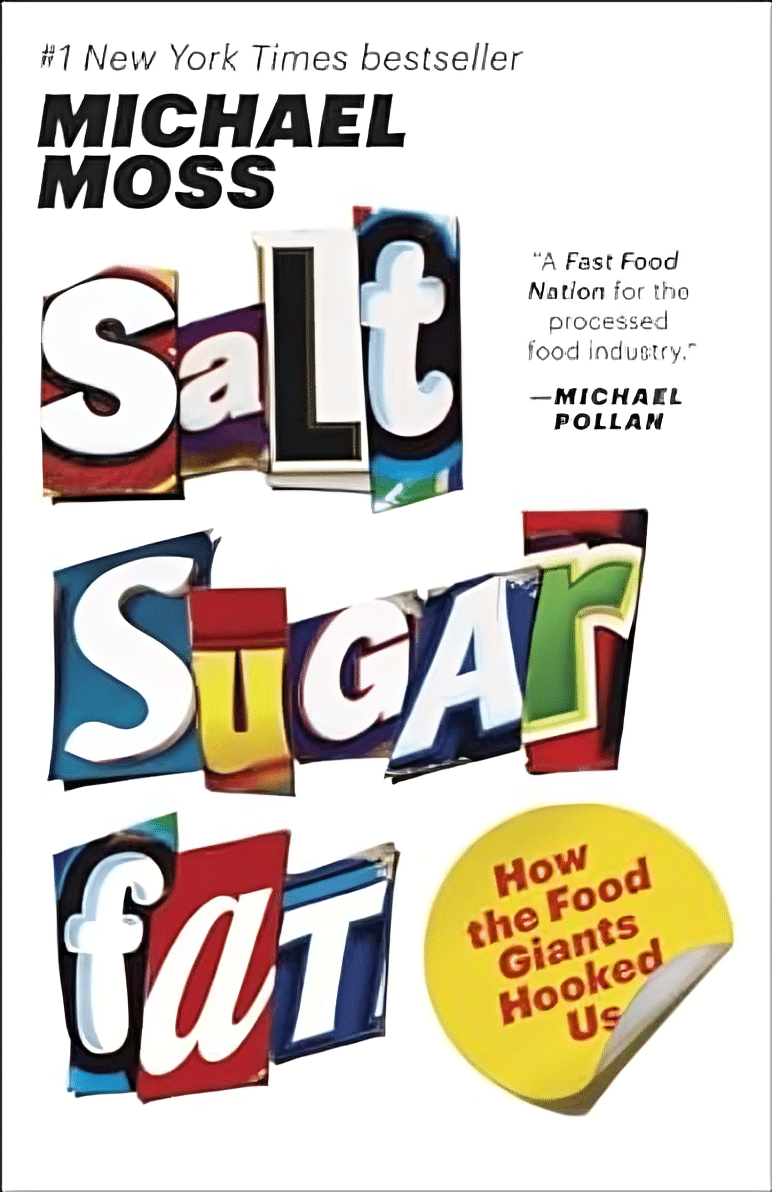
Salt Sugar Fat – by Michael Moss
10almonds is reader-supported. We may, at no cost to you, receive a portion of sales if you purchase a product through a link in this article.
You are probably already aware that food giants put unhealthy ingredients in processed food. So what does this book offer of value?
Sometimes, better understanding leads to better movation. In this case, while a common (reasonable) view has been:
“The food giants fill their food with salt, sugar, and fat, because it makes that food irresistibly delicious”
…but that doesn’t exactly put us off the food, does it? It just makes it a guilty pleasure. Ah yes, the irresistible McDouble Dopamineburger. The time-honored tradition of Pizza Night; a happy glow; a special treat.
What Pulitzer-winning author Michael Moss brings to us is different.
He examines not just how they hooked us, but why. And the answer is not merely the obvious “profit and greed”, but also “survival, under capitalism”. That without regulation forcing companies to keep salt/sugar/fat levels down, companies that have tried to do so voluntarily have quickly had to u-turn to regain any hope of competitiveness.
He also looks at how the salt/sugar/fat components are needed to mask the foul taste of the substandard ingredients they use to maintain lower costs… Processed food, without the heavy doses of salt/sugar/fat, is not anywhere close to what you might make at home. Industry will cut costs where it can.
Bottom line: if you need a push to kick the processed food habit, this is the book that will do it.
Click here to check out Salt Sugar Fat, and reclaim your health!
Don’t Forget…
Did you arrive here from our newsletter? Don’t forget to return to the email to continue learning!
Recommended
Learn to Age Gracefully
Join the 98k+ American women taking control of their health & aging with our 100% free (and fun!) daily emails:
-
Brazil Nuts vs Hazelnuts – Which is Healthier?
10almonds is reader-supported. We may, at no cost to you, receive a portion of sales if you purchase a product through a link in this article.
Our Verdict
When comparing Brazil nuts to hazelnuts, we picked the hazelnuts.
Why?
In terms of macros, Brazil nuts have more fats (including more omega-3, and/but also including more saturated fat) while hazelnuts have more fiber, carbs, and protein. So, which one wins this round is a little subjective; we’d say it’s the fiber for hazelnuts that cinch it, but we could also reasonably declare this round a tie.
In the category of vitamins, Brazil nuts are not higher in any vitamins, while hazelnuts are higher in vitamins A, B1, B2, B3, B5, B6, B7, B9, C, E, K, and choline. And the margins of difference are large in most cases. An easy win for hazelnuts here.
When it comes to minerals, things get interesting: Brazil nuts have more calcium, magnesium, phosphorus, and selenium, while hazelnuts have more iron, manganese, and potassium, but!
Before we crown Brazil nuts with a 4:3 win in this category, though, let’s take a closer look at those selenium levels:
- A cup of hazelnuts contains 13% of the RDA of selenium. Your hair will be luscious and shiny.
- A cup of Brazil nuts contains 10,456% of the RDA of selenium. This is way past the point of selenium toxicity, and your (luscious, shiny) hair will fall out.
For this reason, it’s recommended to eat no more than 3–4 Brazil nuts per day.
We consider that a point against Brazil nuts.
Adding up the sections makes for an overall win for hazelnuts, but by all means enjoy either or both, we just recommend to practise moderation when it comes to the Brazil nuts!
Want to learn more?
You might like:
Why You Should Diversify Your Nuts
Enjoy!
Share This Post
-
Butter vs Plant Oils: What The Latest Evidence Shows
10almonds is reader-supported. We may, at no cost to you, receive a portion of sales if you purchase a product through a link in this article.
We’ve done some relevant head-to-head comparisons before in our “This or That” section:
- Avocado Oil vs Olive Oil – Which is Healthier?
- Olive Oil vs Coconut Oil – Which is Healthier?
- Sesame Oil vs Almond Oil – Which is Healthier?
- Sunflower Oil vs Canola Oil – Which is Healthier?
- Margarine vs Butter – Which is Healthier
- Butter vs Ghee – Which is Healthier?
We also did a deeper-dive into butter vs margarine:
Butter vs Margarine – Mythbusting Edition ← this one clears up a lot of misinformation about both butter and margarine
As well as: Saturated Fats: What’s The Truth? Can Saturated Fats Be Healthy?
So, we’re not coming into this one today unawares, and/but it’s an interesting comparison we haven’t directly written about before: butter vs plant oils in general
The Study
It was a JAMA Internal Medicine cohort study, which followed 221,054 adults (average age 56 at the start of the study, with a standard deviation of 7 years from that age) for up to 33 years.
Why “up to”? Because not everybody survived the study.
Specifically, 50,932 deaths were recorded, including 12,241 from cancer and 11,240 from cardiovascular disease (CVD).
Participants were categorized into quartiles based on butter or plant-based oil intake, and…
- The highest quartile (i.e. the 25% of people who consumed the most) butter intake linked to a 15% higher total mortality.
- The highest quartile (i.e. the 25% of people who consumed the most) plant-based oil intake linked to a 16% lower total mortality.
But, if those are the opposite ends of the spectrum, what about smaller differences?
Every 10g/day increase in consumption of plant-based oils yielded…
- 11% lower cancer mortality.
- 6% lower CVD mortality.
Meanwhile, 10g/day increase in butter consumption yielded…
- 12% higher cancer mortality.
- 17% higher CVD mortality.
These benefits must have a cap (after all, one cannot just drink liters of olive oil per day for for a 3400% decrease in mortality), but that cap was not ascertained, because there was no group drinking liters of plant oils per day, not even for science.
However, in the realm of small changes, substituting even 10g/intake of total butter with an equivalent amount of plant-based oils yielded 17% lower total mortality.
You can read the study in full, here: Butter and Plant-Based Oils Intake and Mortality
“So, what about the surely great difference between seed oils and olive oil?”
Compared the the vast gaping statistical chasm that lay between the results of butter and the results of plant oils, which plant oil one chooses doesn’t make a huge difference, iff one isn’t consuming a large amount—the important thing was skipping butter in favor of a plant oil of some kind.
Note also that, for example, deep-frying a starchy food like potatoes will cause the resultant fries (or such), even if not visibly oily, to now have about 10–15% of their original weight in water, replaced with oil. So, 100g (about 3oz) of fries may have around 10-15g oil. Obviously, this does depend on the cut and other factors, but that’s a ballpark figure.
Here’s a lengthier discussion about seed oils than we have room for today:
If you’re worried about inflammation, stop stressing about seed oils and focus on the basics ← in other words, yes it counts, but there are other things that count a lot more, such that if you’re paying attention to the other things, the fact that you sprayed your wok with a little canola oil before stir-frying those vegetables isn’t going to make a meaningful difference.
An as for olive oil? It’s a famously healthy oil, and certainly a candidate for the top spot along with avocado oil*:
All About Olive Oil ← we talk lipids, polyphenols, virginity, and more!
*…and it’s worth noting that these two oils’ (excellent) lipids profiles are very similar, meaning that the main factor between them is that olive oil usually retains vitamins that avocado oil doesn’t.
Take care!
Share This Post
-
Blackberries vs Grapes – Which is Healthier?
10almonds is reader-supported. We may, at no cost to you, receive a portion of sales if you purchase a product through a link in this article.
Our Verdict
When comparing blackberries to grapes, we picked the blackberries.
Why?
It’s not even close:
In terms of macros, blackberries have more than 5x the fiber, for about half the carbs, resulting in a notably lower glycemic index. They also have more than 2x the protein, but unlike the fiber, it’s not much in either fruit, so we might disregard it. Still, an easy win for blackberries either way.
In the category of vitamins, blackberries have more of vitamins A, B3, B5, B9, C, E, K, and choline, while grapes have more of vitamins B1, B2, and B6. Another clear win for blackberries.
When it comes to minerals, blackberries have a lot more calcium, copper, iron, magnesium, phosphorus, selenium, and zinc, while grapes have slightly more manganese and potassium. Once again, blackberries emerge victorious.
Looking at polyphenols, both have an abundance of many polyphenols, but blackberries have more, both in types and in total mass (mg/100g).
Thus, blackberries overwhelmingly win the day, but by all means enjoy either or both; diversity is good!
Want to learn more?
You might like:
Can We Drink To Good Health? ← while there are polyphenols such as resveratrol in red wine that per se would boost heart health, there’s so little per glass that you may need 100–1000 glasses per day to get the dosage that provides benefits in mouse studies.
If you’re not a mouse, you might even need more than that!
To this end, many people prefer resveratrol supplementation ← link is to an example product on Amazon, but there are plenty more so feel free to shop around 😎
Enjoy!
Share This Post
Related Posts
-
Grapes vs Strawberries – Which is Healthier?
10almonds is reader-supported. We may, at no cost to you, receive a portion of sales if you purchase a product through a link in this article.
Our Verdict
When comparing strawberries to grapes, we picked the strawberries.
Why?
In terms of macros, grapes have more than 2x the carbs while strawberries have more than 2x the fiber, making this category an easy win for strawberries.
In the category of vitamins, grapes have more of vitamins A, B1, B2, B6, and K, while strawberries have more of vitamins B3, B5, B9, C, and E, making for a 5:5 tie with comparable margins of difference.
Looking at minerals, grapes have more potassium and manganese, while strawberries have more calcium, copper, iron, magnesium, phosphorus, selenium, and zinc. A clear win for strawberries here.
When it comes to polyphenols, both of these fruits are abundant in many polyphenols, but it might interest you to know that strawberries have slightly more resveratrol than red/black grapes! Still, it’s close, and there are many other polyphenols in both, and honestly we’re calling this category a tie.
Adding up the sections makes for a compelling overall win for strawberries, but by all means enjoy either or both; diversity is good!
Want to learn more?
You might like:
Can We Drink To Good Health? ← while there are polyphenols such as resveratrol in red wine that per se would boost heart health, there’s so little per glass that you may need 100–1000 glasses per day to get the dosage that provides benefits in mouse studies.
If you’re not a mouse, you might even need more than that!
To this end, many people prefer resveratrol supplementation ← link is to an example product on Amazon, but there are plenty more so feel free to shop around 😎
Enjoy!
Don’t Forget…
Did you arrive here from our newsletter? Don’t forget to return to the email to continue learning!
Learn to Age Gracefully
Join the 98k+ American women taking control of their health & aging with our 100% free (and fun!) daily emails:
-
How Much Alcohol Does It Take To Increase Cancer Risk?
10almonds is reader-supported. We may, at no cost to you, receive a portion of sales if you purchase a product through a link in this article.
Alcohol is, of course, unhealthy. Not even the famous “small glass of red” is recommended:
Alcohol also increases all-cause mortality at any dose (even “low-risk drinking”):
Alcohol Consumption Patterns and Mortality Among Older Adults
…and the World Health Organization has declared that the only safe amount of alcohol is zero:
WHO: No level of alcohol consumption is safe for our health
But what of alcohol and cancer? According to the American Association of Cancer Research’s latest report, more than half of Americans do not know that alcohol increases the risk of cancer:
Source: AACR Cancer Progress Report
Why/how does alcohol increase the risk of cancer?
There’s an obvious aspect and a less obvious but very important aspect:
- The obvious: alcohol damages almost every system in the body, and so it’s little surprise if that includes systems whose job it is to keep us safe from cancer.
- The less obvious: alcohol is largely metabolized by certain enzymes that have an impact on DNA repair, such as alcohol dehydrogenases and aldehyde dehydrogenases, amongst others, and noteworthily, acetaldehyde (the main metabolite of alcohol) is itself genotoxic.
Read more: Alcohol & Cancer
This is important, because it means alcohol also increases the risk of cancers other than the obvious head/neck, laryngeal, esophageal, liver, and colorectal cancers.
However, those cancers are of course the most well-represented of alcohol-related cancers, along with breast cancer (this has to do with alcohol’s effect on estrogen metabolism).
If you’re curious about the numbers, and the changes in risk if one reduces/quits/reprises drinking:
❝The increased alcohol-related cancer incidence was associated with dose; those who changed from nondrinking to mild (adjusted hazard ratio [aHR], 1.03; 95% CI, 1.00-1.06), moderate (aHR, 1.10; 95% CI, 1.02-1.18), or heavy (aHR, 1.34; 95% CI, 1.23-1.45) drinking levels had an associated higher risk than those who did not drink.
Those with mild drinking levels who quit drinking had a lower risk of alcohol-related cancer (aHR, 0.96; 95% CI, 0.92-0.99) than those who sustained their drinking levels.
Those with moderate (aHR, 1.07; 95% CI, 1.03-1.12) or heavy (aHR, 1.07; 95% CI, 1.02-1.12) drinking levels who quit drinking had a higher all cancer incidence than those who sustained their levels, but when quitting was sustained, this increase in risk disappeared.
Results of this study showed that increased alcohol consumption was associated with higher risks for alcohol-related and all cancers, whereas sustained quitting and reduced drinking were associated with lower risks of alcohol-related and all cancers.
Alcohol cessation and reduction should be reinforced for the prevention of cancer.❞
Source: Association Between Changes in Alcohol Consumption and Cancer Risk
Worried it’s too late?
If you’re reading this (and thus, evidently, still alive), it isn’t. It’s never too late (nor too early) to reduce, or ideally stop, drinking. Even if you already have cancer, drinking more alcohol will only exacerbate things, and abstaining from alcohol will improve your chances of recovery.
For a reassuring timeline of recovery from alcohol-related damage, see:
What Happens To Your Body When You Stop Drinking Alcohol
Want to stop, but have tried before and find it daunting?
There are a few ways to make it a lot easier:
Rethinking Drinking: How To Reduce Or Quit Alcohol
Take care!
Don’t Forget…
Did you arrive here from our newsletter? Don’t forget to return to the email to continue learning!
Learn to Age Gracefully
Join the 98k+ American women taking control of their health & aging with our 100% free (and fun!) daily emails:
-
Artichoke vs Brussels Sprouts – Which is Healthier?
10almonds is reader-supported. We may, at no cost to you, receive a portion of sales if you purchase a product through a link in this article.
Our Verdict
When comparing artichoke to Brussels sprouts, we picked the sprouts.
Why?
Finally, a vegetable that beats artichoke—after it previously beat heart-of-palm, asparagus, and even cabbage! It was still close though, which is impressive for artichoke, considering what a nutritional powerhouse Brussels sprouts are:
In terms of macros, the only meaningful difference is that artichoke has slightly more carbs and fiber, so artichoke gets the most marginal of nominal wins in this category.
In the category of vitamins, however, artichoke has more of vitamins B3, B9, and choline, while Brussels sprouts have more of vitamins A, B1, B2, B6, C, E, and K, giving sprouts the clear victory here, especially with much higher margins of difference (e.g. 58x more vitamin A, as well as 7x more vitamin C, and 10x more vitamin K).
When it comes to minerals, artichoke has more copper, magnesium, phosphorus, and zinc, while Brussels sprouts have more iron, manganese, potassium, and selenium, resulting in a 4:4 tie, and the small margins of difference are mostly comparable, with the exception that sprouts have 8x more selenium. So, Brussels sprouts win this category very marginally on that tie-breaker.
Adding up the sections we see that macros and minerals gave a small win each to artichoke and sprouts respectively, while the vitamins category was an overwhelming win for sprouts, so—with this deciding factor in mind—sprouts win the day today.
Want to learn more?
You might like to read:
Sprout Your Seeds, Grains, Beans, Etc
Enjoy!
Don’t Forget…
Did you arrive here from our newsletter? Don’t forget to return to the email to continue learning!
Learn to Age Gracefully
Join the 98k+ American women taking control of their health & aging with our 100% free (and fun!) daily emails:


